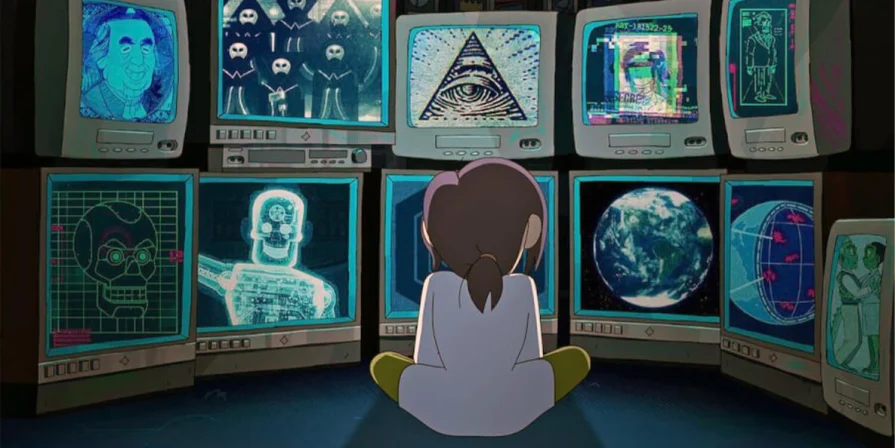Ted Sarandos, the new co-CEO of Netflix, responded directly to a recent wave of criticism regarding the cancellation of several original TV shows in recent months. Since December 2022, a large number of Netflix original series have been canceled, including popular shows like the animated sitcom Inside Job, the fantasy drama Warrior Nun, and the supernatural horror The Midnight Club. As a result, supporters of these canceled shows have created online campaigns in an effort to revive them and finish their stories.
In an interview with Bloomberg, Sarandos claimed that the TV shows that Netflix chooses to cancel are never popular. He further explained that financial concerns were a major contributing factor in series cancellation, indicating Netflix will need to be more strategic about how much they spend producing particular original series. Below, you can see Bloomberg’s query and Sarandos’ response:
Bloomberg: “How has the evolution of the business affected your relationship with the creative community? Online there are constantly people outraged about shows getting canceled.”
Sarandos: “We have never canceled a successful show. A lot of these shows were well-intended but talk to a very small audience on a very big budget. The key to it is you have to be able to talk to a small audience on a small budget and a large audience at a large budget. If you do that well, you can do that forever.”
The Reasons Behind The Latest Netflix Show Cancellations

Netflix has no plans to reverse its decision to shelve canceled shows, according to Sarandos’ response to criticism of the recently canceled series. His claim that shows with specialized audiences have budgets that are too high to support them emphasizes the fact that Netflix was not generating enough revenue to support the creation of the series that were cancelled. Despite this, supporters of cancelled shows have been outspoken about how disappointed they are that their stories couldn’t be finished. One of these programs, Warrior Nun, has become the topic of discussion as Warrior Nun supporters recently erected billboards outside Netflix’s headquarters in an effort to convince the streaming service to overturn its cancellation decision.
Despite the online discussion generated by the number of canceled shows, Sarandos still appears to want Netflix to produce series for both larger and smaller audiences. His reference to shows that would appeal to more niche viewers but required a smaller budget demonstrates how, with sufficient financial acumen, Netflix can continue to produce shows aimed at more niche audiences and still make money from them. It’s possible that Netflix is already developing more affordable shows that will still capture the genre, themes, and representation found in their canceled series. However, for fans of series like Inside Job or the sci-fi mystery 1899 who are dissatisfied with the lack of resolution canceled shows now have, the creation of new shows with smaller budgets might not be sufficient.
It raises the question of how much time viewers can relyably invest in upcoming Netflix series if the possibility of cancellation always looms over their heads given the recent uptick in shows that were canceled despite having vocal, devoted audiences. A prime example of this is the television series 1899, whose creators, Jantje Friese and Baran bo Odar, announced that the story would span three seasons before the show’s debut. Some viewers may begin to wonder whether future Netflix series that have been promised for multiple seasons will actually be completed in light of the cancellation of the show despite the promise of a definitively finished story. For fans of canceled shows who want to see them properly end, Sarandos’ remarks about working out budgets for niche shows sound encouraging for future Netflix productions, but they might not be sufficient.
Source: Bloomberg
